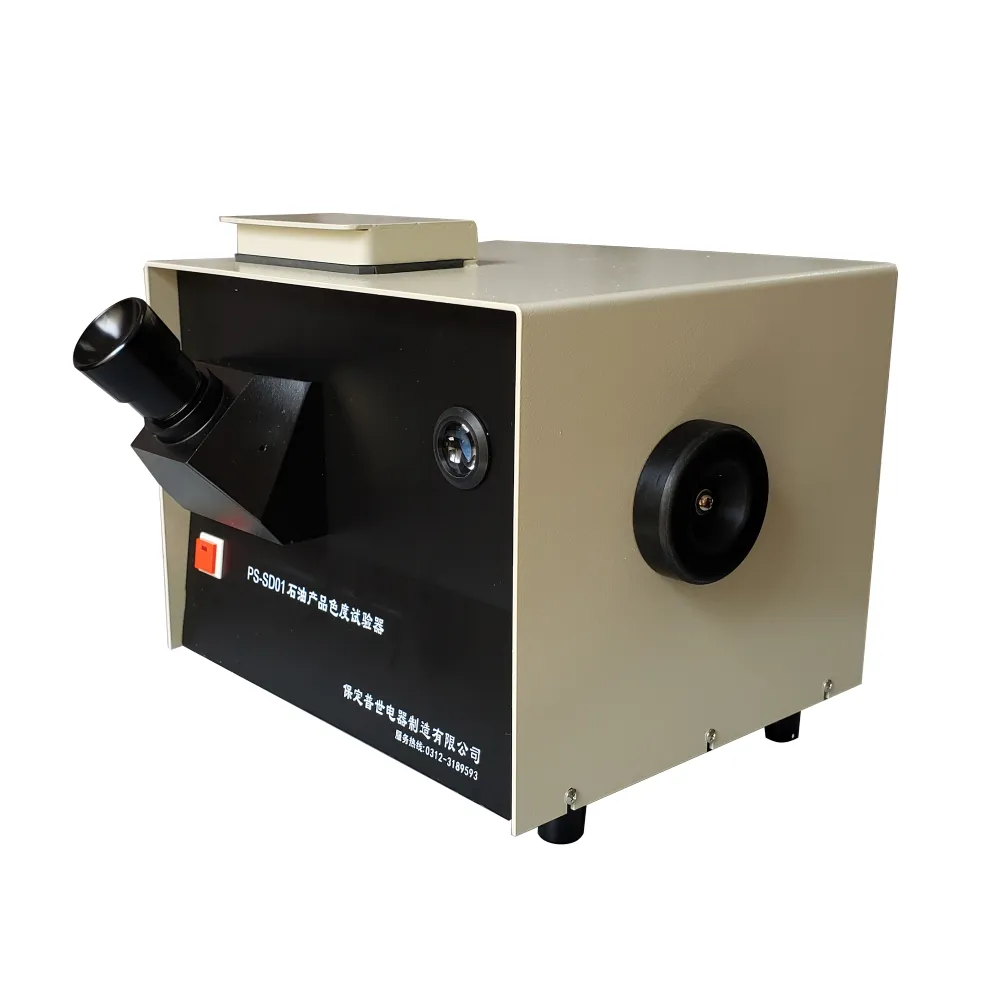TEL:
+86-0312-3189593
 English
English

Telephone:0312-3189593

Email:sales@oil-tester.com

-
 Afrikaans
Afrikaans -
 Albanian
Albanian -
 Amharic
Amharic -
 Arabic
Arabic -
 Armenian
Armenian -
 Azerbaijani
Azerbaijani -
 Basque
Basque -
 Belarusian
Belarusian -
 Bengali
Bengali -
 Bosnian
Bosnian -
 Bulgarian
Bulgarian -
 Catalan
Catalan -
 Cebuano
Cebuano -
 China
China -
 China (Taiwan)
China (Taiwan) -
 Corsican
Corsican -
 Croatian
Croatian -
 Czech
Czech -
 Danish
Danish -
 Dutch
Dutch -
 English
English -
 Esperanto
Esperanto -
 Estonian
Estonian -
 Finnish
Finnish -
 French
French -
 Frisian
Frisian -
 Galician
Galician -
 Georgian
Georgian -
 German
German -
 Greek
Greek -
 Gujarati
Gujarati -
 Haitian Creole
Haitian Creole -
 hausa
hausa -
 hawaiian
hawaiian -
 Hebrew
Hebrew -
 Hindi
Hindi -
 Miao
Miao -
 Hungarian
Hungarian -
 Icelandic
Icelandic -
 igbo
igbo -
 Indonesian
Indonesian -
 irish
irish -
 Italian
Italian -
 Japanese
Japanese -
 Javanese
Javanese -
 Kannada
Kannada -
 kazakh
kazakh -
 Khmer
Khmer -
 Rwandese
Rwandese -
 Korean
Korean -
 Kurdish
Kurdish -
 Kyrgyz
Kyrgyz -
 Lao
Lao -
 Latin
Latin -
 Latvian
Latvian -
 Lithuanian
Lithuanian -
 Luxembourgish
Luxembourgish -
 Macedonian
Macedonian -
 Malgashi
Malgashi -
 Malay
Malay -
 Malayalam
Malayalam -
 Maltese
Maltese -
 Maori
Maori -
 Marathi
Marathi -
 Mongolian
Mongolian -
 Myanmar
Myanmar -
 Nepali
Nepali -
 Norwegian
Norwegian -
 Norwegian
Norwegian -
 Occitan
Occitan -
 Pashto
Pashto -
 Persian
Persian -
 Polish
Polish -
 Portuguese
Portuguese -
 Punjabi
Punjabi -
 Romanian
Romanian -
 Russian
Russian -
 Samoan
Samoan -
 Scottish Gaelic
Scottish Gaelic -
 Serbian
Serbian -
 Sesotho
Sesotho -
 Shona
Shona -
 Sindhi
Sindhi -
 Sinhala
Sinhala -
 Slovak
Slovak -
 Slovenian
Slovenian -
 Somali
Somali -
 Spanish
Spanish -
 Sundanese
Sundanese -
 Swahili
Swahili -
 Swedish
Swedish -
 Tagalog
Tagalog -
 Tajik
Tajik -
 Tamil
Tamil -
 Tatar
Tatar -
 Telugu
Telugu -
 Thai
Thai -
 Turkish
Turkish -
 Turkmen
Turkmen -
 Ukrainian
Ukrainian -
 Urdu
Urdu -
 Uighur
Uighur -
 Uzbek
Uzbek -
 Vietnamese
Vietnamese -
 Welsh
Welsh -
 Bantu
Bantu -
 Yiddish
Yiddish -
 Yoruba
Yoruba -
 Zulu
Zulu
ಜನ . 15, 2025 01:04
Back to list
kinematic viscosity coefficient
The kinematic viscosity coefficient is a critical parameter in the world of fluid dynamics, playing a pivotal role in industries ranging from automotive to aerospace engineering. Understanding and optimizing this coefficient is essential for the efficient design and functionality of numerous products. By delving into the intricacies of kinematic viscosity, we gain insights that ensure the reliability and performance of various mechanical components.
One notable example is the development of high-performance jet engines. The selection of fuels and lubricants is meticulously calculated with precise kinematic viscosity values to ensure optimal combustion and minimal mechanical wear. This precision engineering translates into increased thrust efficiency, reduced fuel consumption, and enhanced safety margins during operation, reaffirming an authoritative stance in product development. For industries such as chemical processing, understanding the kinematic viscosity of fluids is crucial for accurate control over mixing, pumping, and chemical reactions. Proper calculations ensure that machinery operates smoothly, processing times are minimized, and wastage is reduced, thereby increasing overall production efficiency. The trustworthiness of kinematic viscosity data is reliant upon rigorous testing standards and the credibility of measurement methods. Industry professionals often consult authoritative sources and use calibrated instruments to obtain reliable viscosity data. These efforts ensure that every aspect of the product design and operation meets stringent safety and performance standards. In conclusion, the kinematic viscosity coefficient is a fundamental aspect of numerous industrial applications. Professionals in various fields must leverage their expertise and experience to harness this parameter effectively. By understanding and applying kinematic viscosity with authority and precision, companies can enhance the efficiency, reliability, and safety of their products, gaining a competitive edge in their respective markets. This blend of experience, expertise, authoritativeness, and trustworthiness forms the bedrock of successful product optimization, ensuring sustained innovation and excellence.


One notable example is the development of high-performance jet engines. The selection of fuels and lubricants is meticulously calculated with precise kinematic viscosity values to ensure optimal combustion and minimal mechanical wear. This precision engineering translates into increased thrust efficiency, reduced fuel consumption, and enhanced safety margins during operation, reaffirming an authoritative stance in product development. For industries such as chemical processing, understanding the kinematic viscosity of fluids is crucial for accurate control over mixing, pumping, and chemical reactions. Proper calculations ensure that machinery operates smoothly, processing times are minimized, and wastage is reduced, thereby increasing overall production efficiency. The trustworthiness of kinematic viscosity data is reliant upon rigorous testing standards and the credibility of measurement methods. Industry professionals often consult authoritative sources and use calibrated instruments to obtain reliable viscosity data. These efforts ensure that every aspect of the product design and operation meets stringent safety and performance standards. In conclusion, the kinematic viscosity coefficient is a fundamental aspect of numerous industrial applications. Professionals in various fields must leverage their expertise and experience to harness this parameter effectively. By understanding and applying kinematic viscosity with authority and precision, companies can enhance the efficiency, reliability, and safety of their products, gaining a competitive edge in their respective markets. This blend of experience, expertise, authoritativeness, and trustworthiness forms the bedrock of successful product optimization, ensuring sustained innovation and excellence.
Previous:
Latest news
-
Testing Equipment Industry Sees Major Advancements in 2025: Smart & Precision Technologies Lead the WayNewsJun.06,2025
-
Applications of Direct Current Generators in Renewable Energy SystemsNewsJun.05,2025
-
Hipot Tester Calibration and Accuracy GuidelinesNewsJun.05,2025
-
Digital Circuit Breaker Analyzer Features and BenefitsNewsJun.05,2025
-
Benefits of Real-Time Power Quality Monitoring Devices for Industrial EfficiencyNewsJun.05,2025
-
Earth Fault Loop Testing in High-Rise Building Electrical SystemsNewsJun.05,2025



